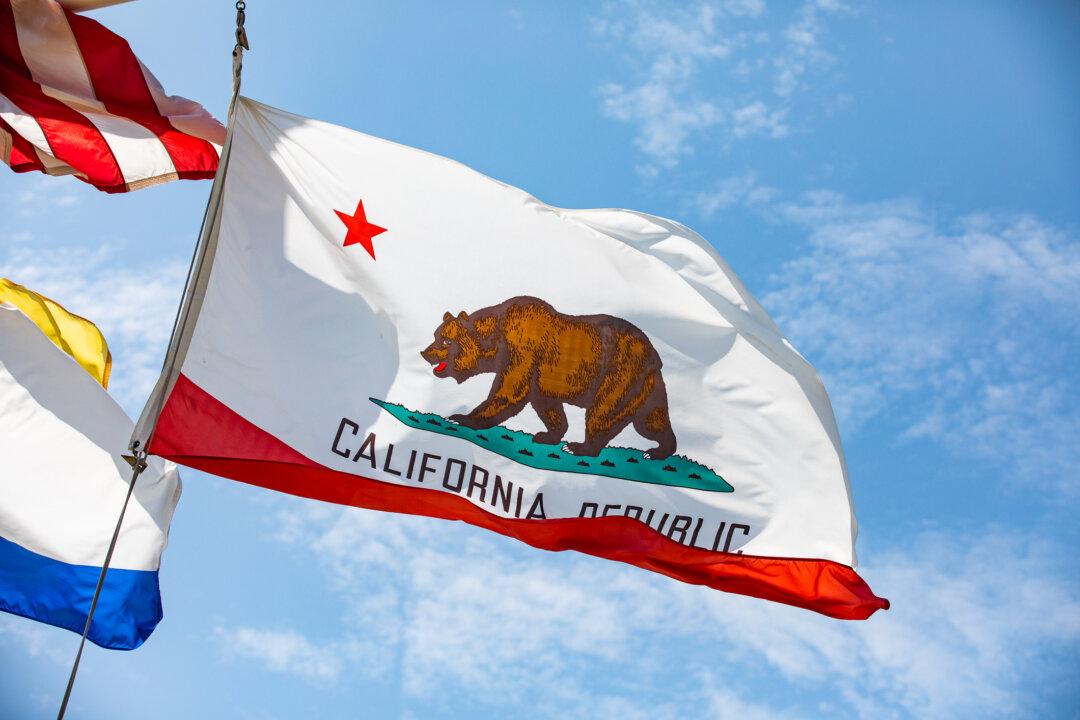The California State Assembly on Sept. 6 passed a resolution to declare August as Transgender History Month starting in 2024.
House Resolution 57, introduced by Assemblymember Matt Haney (D-San Francisco) on Aug. 29, marks the first such declaration by a U.S. state.





